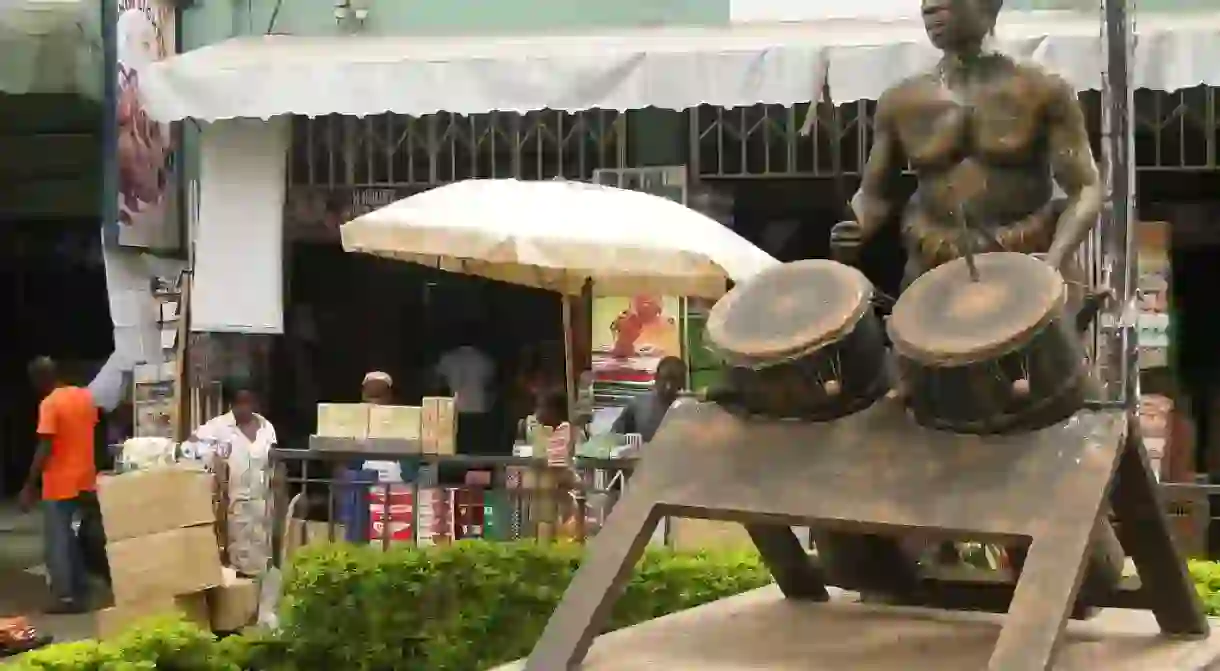Reasons Why You Should Visit Kumasi

Kumasi is Ghana’s ‘second city’ as well as the ancestral land and modern home of the Ashanti people. A diverse city with diverse experiences suiting people of various tastes and interests, learn more about the nature, craftsmanship, local life, and history that this unique city has to offer.
It’s the home of Akan culture
The Asantehene (monarch of the Ashanti people) makes his home in a new palace adjacent to the former Manhyia Palace that’s now used as a museum. Delve into the history of this deeply rooted tribe and learn about the Anglo-Ashanti War, the golden stool, and all the kings and queens of the Akan people through exhibits and artifacts.
Manhiya Palace, Ashanti New Town Road, Kumasi, Ghana, +233 026 118 3144

It’s known as the Garden City
With KNUST Botanical Garden, Rattray Park, and the Owabi Wildlife Sanctuary, there are plenty of opportunities to escape into nature. A perennially green city that is located in a rainforest region, the area gets more rainfall compared to Accra thanks to fresher air and wide open spaces.
Rattray Park, Victoria Opuku-Ware Road, Kumasi, Ghana, +233 024 509 0093

Witness the tradition of the Akwasidae Festival
The Ashanti people and chiefs celebrate this festival of the Ashanti king every six weeks on Sunday. In reflection of the Akan calendar—divided into nine six-week blocks—these celebrations include drumming, dancing, and eating of special dishes such as eto, or mashed yams. The Asantehene meets with his sub-chiefs and also holds a durbar at the Manhiya Palace after his traditional procession where he is carried on a palanquin.

Discover the art and history of the kente cloth
Market

It has an incredible crater lake
It is home to the sprawling Kejetia Market
Market, Vegetarian

Pick up local artwork at the Ntoso Adinkra Village
Market, Museum, Store

Save
Save













